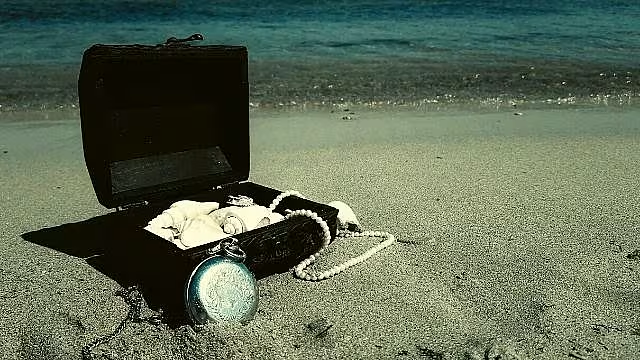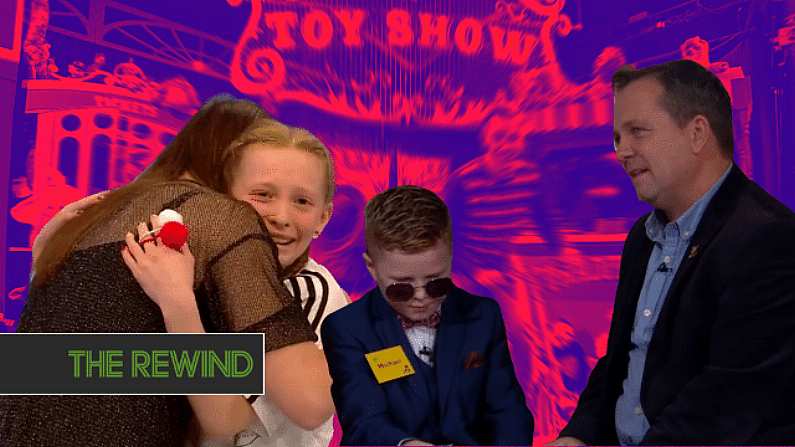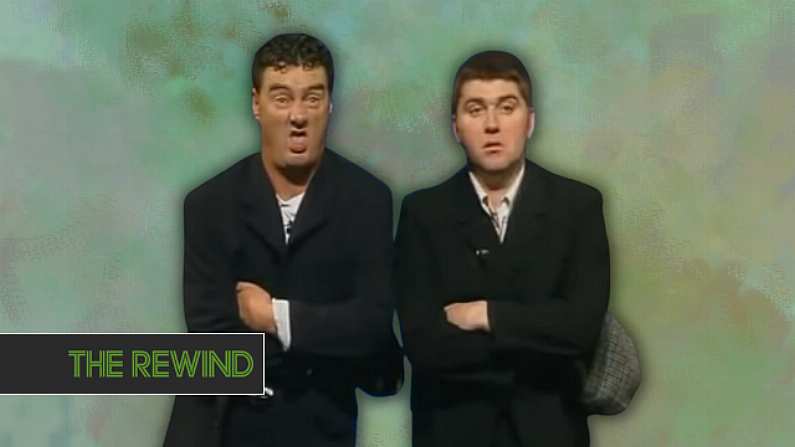What on earth is trove? If you were left stumped by today's Wordle choice, you're not on your own.
There have been a few tricky Wordle answers lately so there was little surprise that it took five or six attempts for most to solve the five-letter puzzle today.
Some people (including me..) didn't get it after six goes. At the very least, this game has allowed us to expand our vocabulary.
A trove, according to the Cambridge Dictionary, is 'a place that is full of something good.' It's used in the context of treasure trove, or a trove of treasure.
A more long-form description of the word is also given:
A large amount of money or a large number of valuable objects found hidden somewhere and seems to belong to no one.
Don't be fooled by the 'treasure' element. This is not just a word for pirates. Having said that, you might hear it mentioned in Pirates of the Caribbean or Peter Pan.
Here's a way of using trove without the pirate element in a regular sentence:
Teachers of the subject will find the illustrations a treasure trove of information; they will need to get the book now and start revising course notes!

A pirate treasure chest on a sandy beach. A treasure trove of seashells, antique watches, and jewelry found in the sea.
Where did trove originate?
Every word has an origin, a place where it all started, and many words in the English language come from other languages or ancient times.
According to the Online Etymology Dictionary, trove is an Anglo-French word. It's a derivative of 'tresor trové' which translates to 'treasure found'.
It's the past participle of 'trover' which means 'to find' in the Old French language. It is also linked with the medieval Latin word 'tropare' which means to 'compose.'
So there you have it. You learn something new every day. Hopefully, you find plenty of treasure troves in the not-so-distant future.
See Also: Big Jet TV Goes Viral For Wild Scenes Of Planes Landing During Storm Eunice














